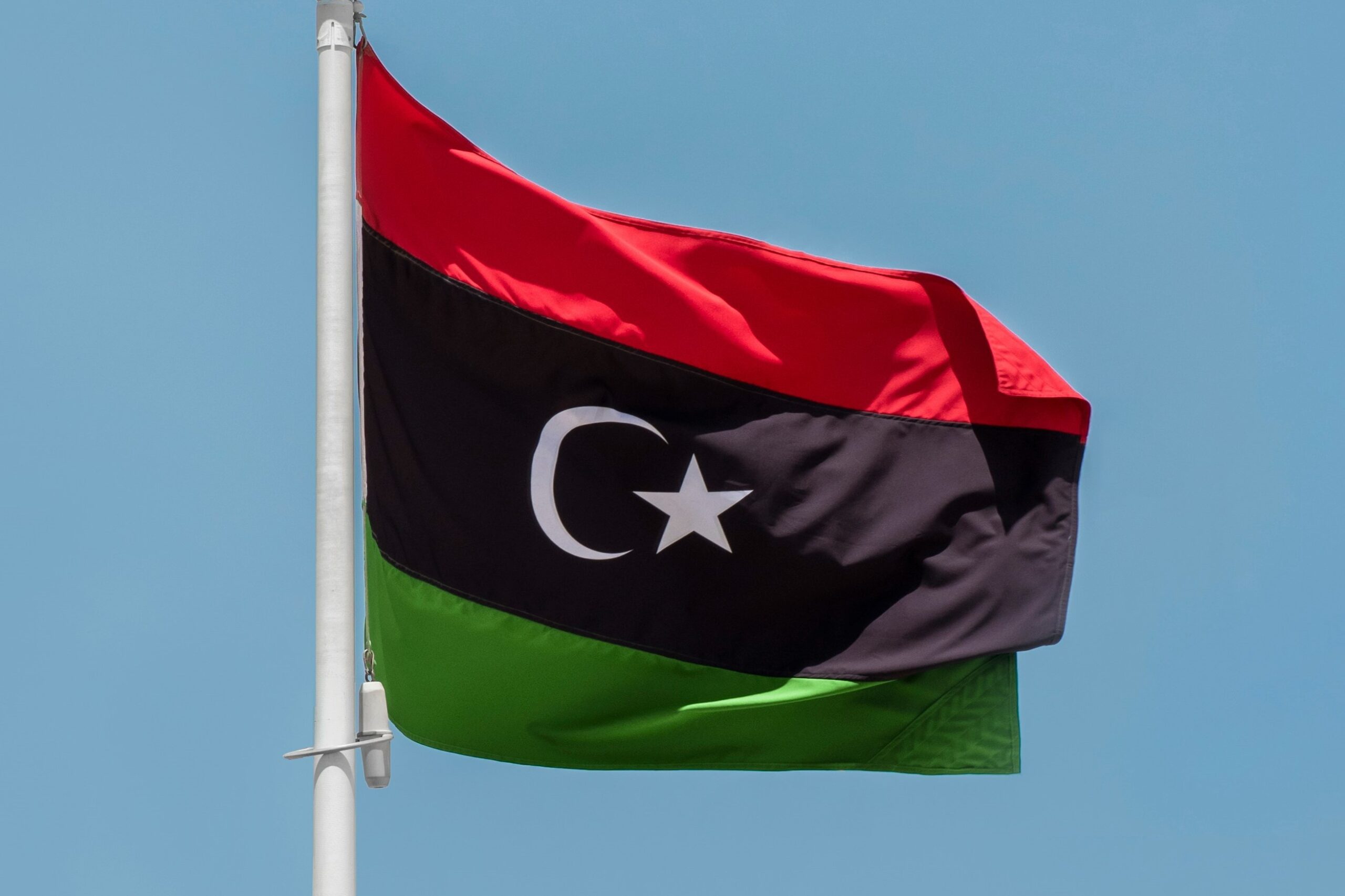The International Commission of Jurists (ICJ) condemns the recent collective expulsions, arrests, violent attacks and the surge of hate speech, including that which constitutes incitement to violence, against migrants, refugees and asylum seekers in Libya.
.هذا البيان الصحفي متوفر باللغة العربية أيضاً
In recent times, following misinformation campaigns on social media claiming that the western Government of National Unity (GNU) had agreed to resettle migrants, refugees and asylum seekers in Libya, the country has witnessed an escalation in arrests; violent attacks, including fatal ones; and hate speech inciting to racial discrimination and violence against migrants, refugees and asylum seekers, especially against Black people. On 14 March 2025, the self-styled “Friday for the Expulsion of Africans from Libya” protesters demonstrated in Algiers Square in the Libyan capital, Tripoli, against the resettlement of foreign nationals in Libya, carrying signs and chanting slogans such as “Libya for Libyans … No to settlement”. Calls for violence also targeted non-governmental organizations (NGOs) providing assistance to migrants, refugees, and asylum seekers, further adding to a climate of intimidation and prompting NGOs to suspend their operations, including the provision of vital medical care.
“The ongoing attacks against migrants, refugees and asylum seekers in Libya are blatant assaults against their human rights, such as their rights to dignity, to physical and mental integrity and to freedom from discrimination, including racial discrimination. In line with their obligations under international human rights law, the Libyan authorities must protect people from physical attacks, confront hate speech and investigate these abuses, with a view to bringing perpetrators to justice,” said Saïd Benarbia, ICJ Middle East and North Africa Programme Director.
The eastern and western authorities have in fact denied their agreement to any planned resettlement of migrants, refugees and asylum seekers, claiming it would “threaten” the country’s demographic stability. On 17 March 2025, the GNU Minister of Interior announced plans to deport 100,000 migrants, refugees and asylum seekers every four months. Earlier in February, he had threatened to resort to “forceful repatriation” if the European Union (EU) did not provide further assistance to “deal with illegal migration”. Furthermore, in January 2025, the Libyan authorities forcibly deported 150 Nigerian women and children and 613 Nigeriens, respectively, to their home countries. The Nigerien nationals were sent across the Sahara Desert to Niger, in what was described as a “dangerous and traumatising” journey.
“These forcible deportations violated the prohibition on collective expulsions and may have amounted to violations of the non-refoulement principle in respect of some individuals. They also constituted acts of ill-treatment as people were forcibly sent back in dangerous conditions via the Sahara Desert,” added Benarbia.
These events reflect worrying trends at play in other North African States that have also entered into cooperation agreements with the EU and/or European States on preventing “irregular” migration. In 2023, Tunisia similarly resorted to collective expulsions of migrants, refugees and asylum seekers and has also witnessed campaigns of hate speech, mob violence and attacks against civil society organizations providing assistance to them.
Background
The situation of migrants, refugees and asylum seekers in Libya is dire. In its final March 2023 report, the UN Human Rights Council mandated Fact-Finding Mission on Libya (FFM) – which operated from June 2020 to April 2023 – found that crimes against humanity had been committed against migrants, refugees and asylum seekers in the context of deprivation of liberty, including murder; enforced disappearance; torture; enslavement; sexual violence, including rape; and other inhumane acts. In June 2023, the UN Support Mission in Libya (UNSMIL) expressed concern over the mass arbitrary arrests and detentions of migrants, refugees and asylum seekers across the country.
In February 2025, the bodies of more than 60 migrants, refugees and asylum seekers were discovered in mass graves in Kufra, in south-eastern Libya.
Libya criminalizes “irregular entry and stay” in the country, putting migrants, refugees and asylum seekers at further risk of abuses as they do not dare approach the Libyan authorities to report abusers, fearing prosecution and punishment.
In February 2017, Libya and Italy signed a Memorandum of Understanding (MoU) “on cooperation in the fields of development, the fight against illegal immigration, human trafficking and fuel smuggling and on reinforcing the security of border”. The EU welcomed the MoU in its February 2017 Malta Declaration and announced its “readiness to support Italy in the implementation of the MoU”. The MoU was tacitly renewed twice in 2020 and 2023. In May 2020, Malta also signed an MoU with Libya “in the field of combatting illegal immigration”, which was renewed in 2024. Among other things, the MoUs pledge support, including financial, to Libya in order to prevent foreign nationals from reaching Europe, without any concrete safeguards to ensure that the Libyan authorities respect and protect the rights of migrants, refugees and asylum seekers.
Contact
Saïd Benarbia, Director, ICJ Middle East and North Africa Programme; t: +41 22 979 3800, e: said.benarbia@icj.org
Nour Al Hajj, Communications & Advocacy Officer, ICJ Middle East and North Africa Programme; e: nour.alhajj@icj.org





